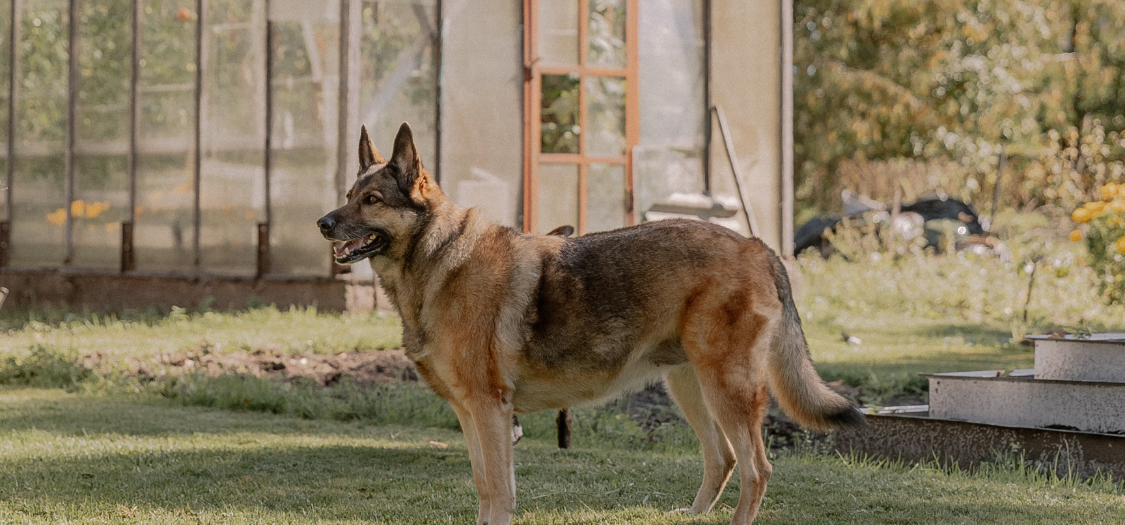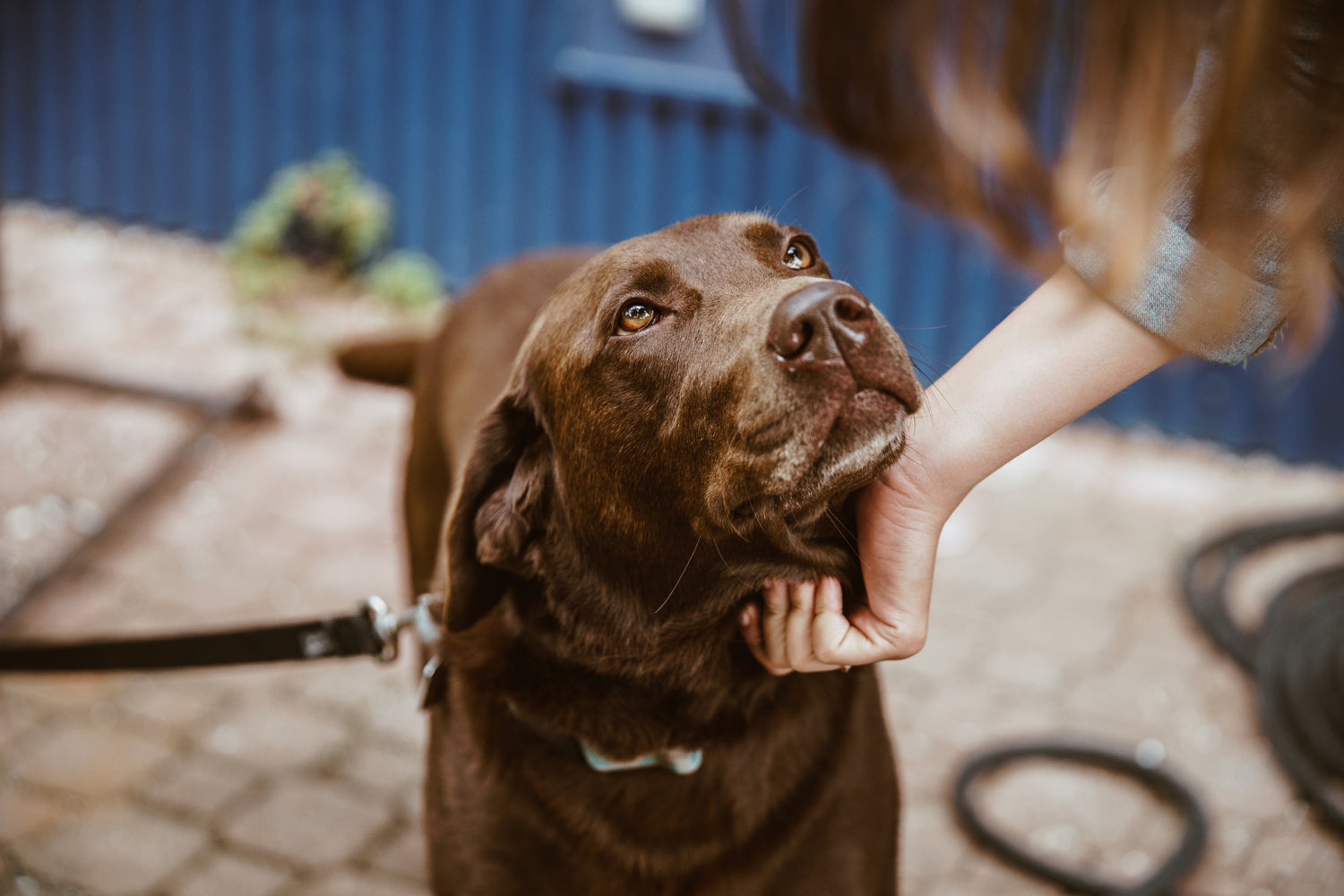My Dog has Degenerative Myelopathy
What Should I Do?

German Shepherds are the most common dog breed known to be diagnosed with Degenerative Myelopathy. Degenerative Myelopathy is a medical condition which is fatal, and currently has no prevention. It often starts by making your German Shepherd's paws curl and knuckle.
If you think your German Shepherd has Degenerative Myelopathy, take your dog immediately to the vet for a firm diagnosis. Your vet will examine your dog and will rule out spinal conditions such as: dog IVDD; dog spine problems or weakness; hip dysplasia; or severe arthritis.
Your vet can do a gene test on your German Shepherd to rule out degenerative myelopathy as a cause of symptoms. There is no test that will definitely confirm a diagnosis, but if your dog doesn’t have copies of the SOD1 gene mutation associated with DM then it is not DM that is causing your German Shepherd’s symptoms.
Degenerative Myelopathy is, very sadly, a terminal illness. Currently there is no cure or prevention, as it’s a genetic medical condition.
This means your next steps are best spent trying to make sure your German Shepherd is as active and comfortable as possible.
Reach out to this DM Charity if you need more support when managing this illness in your German Shepherd: https://www.cure4dm.org/

We can help find the right solution for your dog
Feel free to give us a call on 01730 622544
or email us at woof@zoomadog.co.uk
Leave a comment